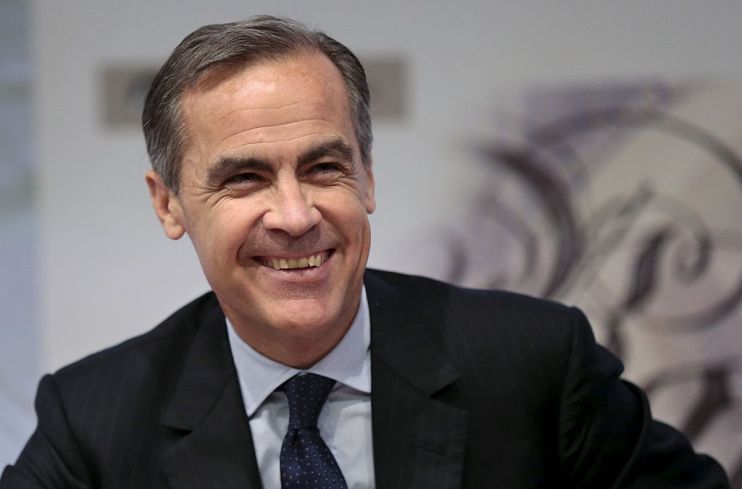Mark Carney appointed UN climate envoy ahead of Bank of England exit

Bank of England boss Mark Carney has been appointed United Nations special envoy for climate action and finance, it was announced today, as he looks towards life beyond the governor’s chair.
UN secretary-general Antonio Guterres has tasked Carney with galvanising global finance into addressing the perils of climate change and helping limit warming to 1.5 degrees celsius.
Read more: Mark Carney says Bank of England to stress test banks with ‘catastrophic’ climate scenario
Carney has taken up the new role with just two months left to run of his six and a half-year tenure as BoE governor, which ends on 31 January 2020.
However, there is a growing chance that he may have to stay on at the Bank, given that the end of his term coincides with the new Brexit date, that no successor has yet been found and that the recruitment process has been suspended ahead of the 12 December General Election.
The Canadian has given little indication of what he wants to do after leaving Threadneedle Street. The UN climate job suggests he will seek an active role in global affairs, however.
Carney has been one of the most vocal global figures on climate change, driving initiatives in the BoE to ensure the UK’s financial system confronts the issue.
In 2021, the Bank will carry out groundbreaking climate stress tests that Carney has said will include a “catastrophic business as usual scenario”.
A key focus of the UN is to push the financial system to mobilise private finance to tackle global warming.
Carney’s new role will see him push for major changes in finance, including better reporting and risk management, ahead of the 26th Conference of the Parties (COP) meeting in Glasgow in November 2020.
Read more: Bank of England’s Mark Carney defends move not to publish governor shortlist
Carney said: “I am honoured to have been asked by the Secretary-General to take on this important role.”
He said it “provides a platform to bring the risks from climate change and the opportunities from the transition to a net zero economy into the heart of financial decision-making”.